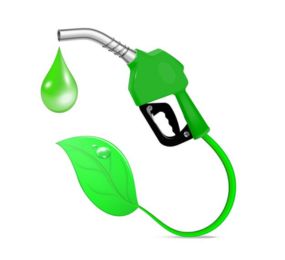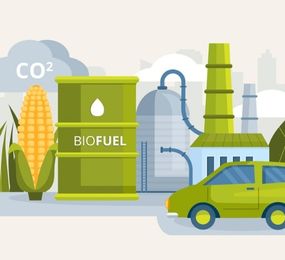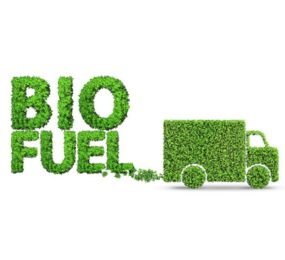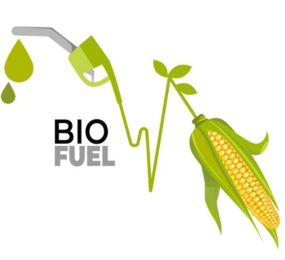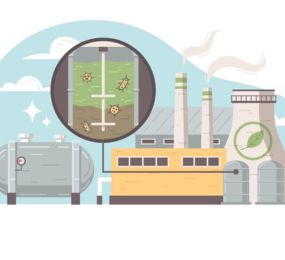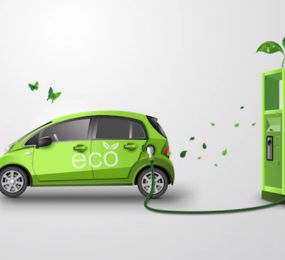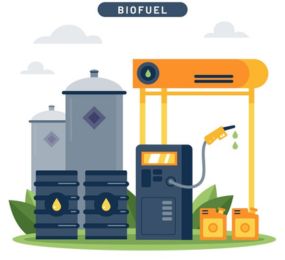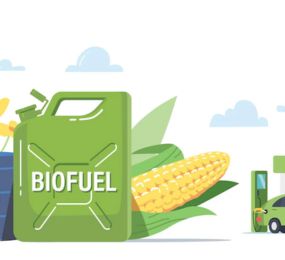Emerging Technologies Driving the Next Generation of Biofuels
The quest for sustainable energy solutions has propelled the biofuel industry into an era of unprecedented innovation, with emerging technologies poised to revolutionize the production of next-generation biofuels. These advancements address the limitations of traditional biofuels, offering more efficient, sustainable, and scalable pathways to decarbonize critical sectors.
One groundbreaking area is Algae-to-Biofuel technology. Microalgae boast rapid growth rates and high lipid content, making them exceptionally efficient at converting sunlight and CO? into biomass suitable for fuel production. Innovations in bioreactor design, genetic engineering to enhance lipid accumulation, and advanced harvesting techniques are overcoming scalability and cost challenges, positioning algae as a promising non-food feedstock for renewable diesel and sustainable aviation fuel (SAF).
Another transformative approach is Waste-to-Biofuel conversion. Technologies like pyrolysis, gasification, and hydrothermal liquefaction are enabling the conversion of diverse waste streams—including agricultural residues, municipal solid waste, and forestry by-products—into high-value liquid fuels. This not only provides a renewable energy source but also tackles waste management issues, contributing to a circular economy and reducing landfill emissions. These processes are becoming increasingly efficient, yielding biofuels that can be directly integrated into existing infrastructure.
Furthermore, Synthetic Biology is designing genetically engineered microorganisms (e.g., bacteria, yeast) capable of producing biofuels directly from various feedstocks with enhanced efficiency. These bio-factories can be tailored to produce specific fuel molecules, optimizing yields and streamlining the production process. Alongside this, Electrofuels (Power-to-Liquid), which synthesize liquid fuels using renewable electricity, water, and captured carbon dioxide, represent a long-term, ultra-low-carbon pathway. These emerging technologies are collectively paving the way for a more diverse, sustainable, and economically viable biofuel industry essential for global decarbonization.
Visit our website to know more: https://www.leadventgrp.com/events/3rd-annual-advanced-biofuels-forum/details
For more information and group participation, contact us: [email protected]
Leadvent Group - Industry Leading Events for Business Leaders!


